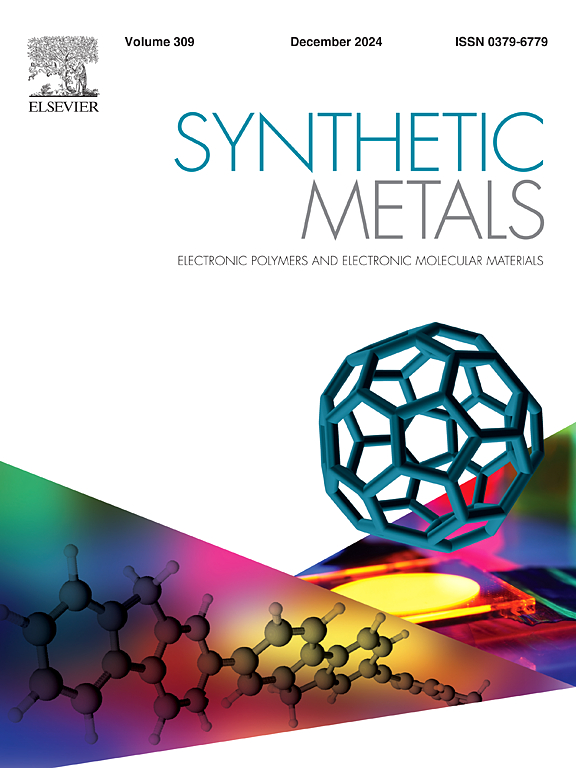Graphene and CNT-based hybrid nanocomposite and its application in electrochemical energy conversion and storage devices
IF 4.6
3区 材料科学
Q2 MATERIALS SCIENCE, MULTIDISCIPLINARY
引用次数: 0
Abstract
The quest for advanced materials and innovative materials in energy storage and conversion has sparked interest in combining graphene and carbon nanotubes (CNTs), leveraging their strengths to create high-performance composites. This paper explores advanced methods in chemical vapor deposition (CVD) and hydrothermal techniques enhanced through specific modifications and meticulously adjusting synthesis parameters that refine the integration of graphene and CNT hybrid synthesis. The comprehensive overview of the hybrid application in energy conversion and storage is highlighted along with challenges and addressing the limitations for future research. The hybrid role is more advantageous strategically by putting research efforts on Dye-sensitized solar cell (DSSC) and Perovskite solar cell (PSC) than other solar cells as the material shows improved stability and reduced dependence on expensive pt in Dye-sensitized solar cell (DSSC). Also, the hybrid opens the way for commercialization and long-term stability of PSCs through innovations in hybrid electrode designs and interfacial engineering. A promising direction is also shown by the hybrid in improving various fuel cell performances such as Proton Exchange Membrane Fuel Cell (PEMFCs), Direct Methanol Fuel Cell (DMFCs), and Solid Oxide Fuel cell (SOFCs). In lithium-ion batteries, the hybrid design promotes ion mobility and increased cycling reliability.
石墨烯与碳纳米管基杂化纳米复合材料及其在电化学能量转换与存储器件中的应用
在能量存储和转换方面对先进材料和创新材料的追求激发了人们对石墨烯和碳纳米管(CNTs)结合的兴趣,利用它们的优势来创造高性能复合材料。本文探索了化学气相沉积(CVD)和水热技术的先进方法,通过特定的修饰和精心调整合成参数,改进了石墨烯和碳纳米管杂化合成的集成。全面概述了混合能源在能量转换和存储方面的应用,并指出了未来研究的挑战和局限性。染料敏化太阳能电池(DSSC)和钙钛矿太阳能电池(PSC)的研究比其他太阳能电池更具战略优势,因为这种材料在染料敏化太阳能电池(DSSC)中表现出更高的稳定性,并且减少了对昂贵的铂的依赖。此外,通过混合电极设计和界面工程的创新,这种混合材料为psc的商业化和长期稳定性开辟了道路。混合燃料在提高质子交换膜燃料电池(PEMFCs)、直接甲醇燃料电池(DMFCs)和固体氧化物燃料电池(SOFCs)等燃料电池的性能方面也显示出了良好的发展方向。在锂离子电池中,混合设计提高了离子的流动性,提高了循环可靠性。
本文章由计算机程序翻译,如有差异,请以英文原文为准。
求助全文
约1分钟内获得全文
求助全文
来源期刊

Synthetic Metals
工程技术-材料科学:综合
CiteScore
8.30
自引率
4.50%
发文量
189
审稿时长
33 days
期刊介绍:
This journal is an international medium for the rapid publication of original research papers, short communications and subject reviews dealing with research on and applications of electronic polymers and electronic molecular materials including novel carbon architectures. These functional materials have the properties of metals, semiconductors or magnets and are distinguishable from elemental and alloy/binary metals, semiconductors and magnets.
 求助内容:
求助内容: 应助结果提醒方式:
应助结果提醒方式:


